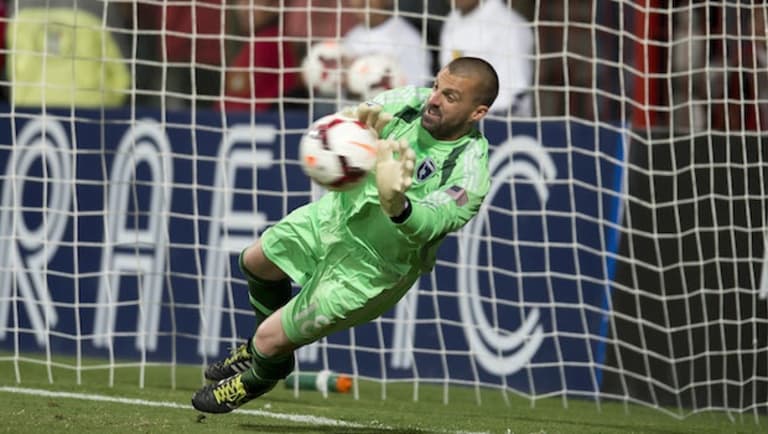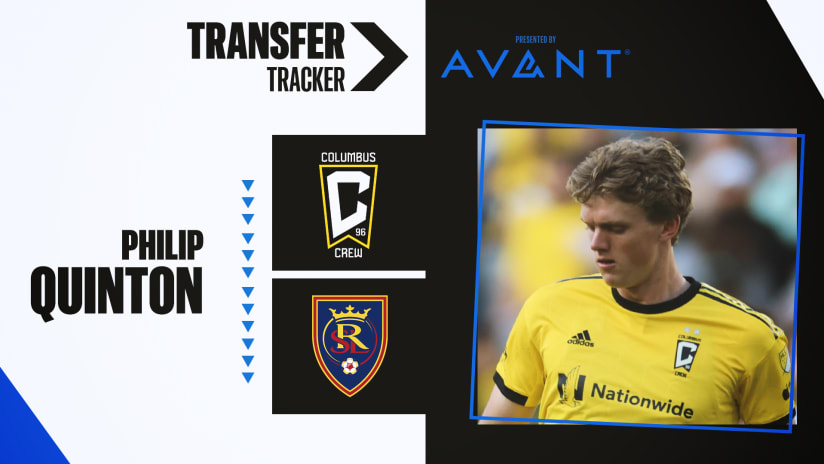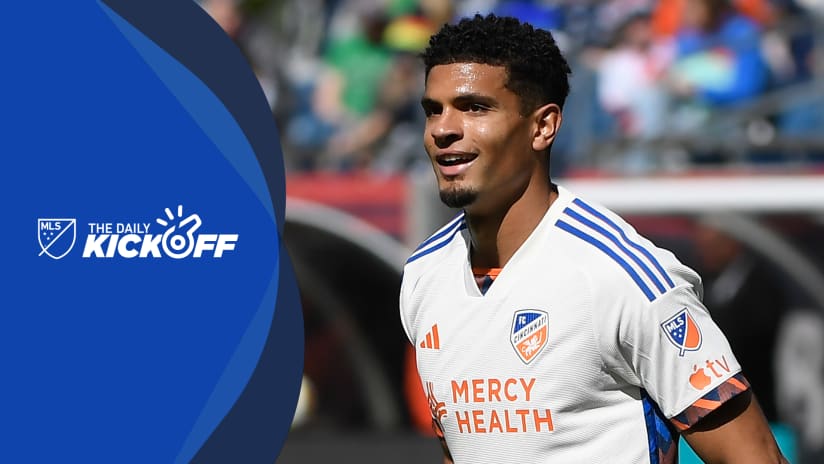To put it mildly, MLS teams were given a reality check this week, going 0-for-3 in CONCACAF Champions League quarterfinal series against Liga MX teams that weren’t really even close (with one surprising exception).
The results are especially tough to take for fans of the LA Galaxy, Sporting KC and San Jose Earthquakes, and for fans across the league who wanted to see its teams finally break through in this competition and break Mexican clubs' complete stranglehold on the trophy. It also raised some alarm among those who hold the CCL as a benchmark for MLS’ progress as a growing league.
It’s easy to see why – this is the first time since 2010, that an MLS team has failed to reach the semifinals, and it is also the first year since the CCL started in 2008 that has seen a decline, or at least a stagnation, in the overall performance of MLS teams in the competition:
<strong>Year</strong> |
<strong>Record</strong> |
<em>2008-09</em> |
2-10-6 |
<em>2009-10</em> |
7-10-9 |
<em>2010-11</em> |
16-14-8 |
<em>2011-12</em> |
21-16-7 |
<em>2012-13</em> |
16-8-6 |
<em>2013-14</em> |
13-5-8 |
MLS’ record in Mexico makes for even uglier reading at 2-28-6 following Wednesday night's results (that's counting San Jose's shootout loss as a draw). Mexican teams have outscored MLS teams on home soil by a ratio of exactly 3-1 (99-33) and have yet to lose a knockout round game on home soil, boasting a 9-0-3 record against MLS teams in CCL knockout play.
But results in Mexico should not and will not be the end all, be all key to winning the CCL despite the constant hand-wringing about that ugly record. It is simply difficult to win on the road in continental competition anywhere you play, especially in areas of the world where long travel distances and hostile/difficult environments are commonplace. For example:
It’s not a huge sample size, relatively speaking, but it attests to the difficulty of going on the road in CCL-like environments anywhere in the world. In other words, even though MLS teams could do better south of the border, the types of results we saw Tuesday and Wednesday are far from unique to them.
So let's not spend any more time fretting about playing in Mexico. The altitude isn't getting any lower, the travel distances aren't getting shorter, the fans will always be hostile, and the opposition will always be very good.
Success in the CCL starts with being better at home. One-goal wins and clean sheets against some of the best teams in Liga MX certainly give off the feel-good vibe, but there should be no illusions now: That simply isn’t good enough.

It’s fair to consider just how close the margins were for the Galaxy and the Earthquakes. Despite getting dominated for most of the second leg in Tijuana, if one of the Galaxy’s late bombs forward to
Rob Friend
takes a friendly bounce, they’re through.
Same goes for Alan Gordon and his offside call (which, for the record, was a lot closer than people made it out to be), or Miguel Ponce's penalty for Toluca that wiggled its way just under Jon Busch’s hand and MLS is suddenly 1-for-3 or 2-for-3.
Amid all the “what-ifs,” it’s important to remember, however, that LA and San Jose might have avoided these situations entirely by taking one or two more of the numerous chances they got at home. Even earlier than that, in LA and Sporting's cases, the teams might have gotten a kinder draw had they performed well in the group stage.
The Galaxy are the team, of course, that got played off the park by Isidro Metapán in the final group stage game of this edition of the tournament in a 4-0 loss, with only Isidro Metapán’s huge margin of victory ensuring a Galaxy-Tijuana matchup. Even a one-goal swing in LA’s favor would have ensured a quarterfinal matchup with Árabe Unido of Panama, and anything more would have most likely paired them with Costa Rica's Alajuelense, both significantly easier opponents than Tijuana.
Sporting, meanwhile, were superb on the road in the group stage with a pair of 2-0 wins, only to drop points at home against Honduran team Olimpia and, more shocklngly, Nicaraguans Real Estelí, one of the worst teams in the tournament. Wins in one or both of those games would've also given them matchups against a Central American or MLS side.
Mexican teams, on the other hand, were near-perfect in the group stage, save for Club América (who showed little interest in the tournament), with the three group winners going 11-0-1 in their groups, thereby giving them the top three seeds in the knockout round by a comfortable margin.
Not convinced? Think back to the only time an MLS team did win a knockout series against a Mexican team. The Seattle Sounders were a perfect 4-0-0 in the 2012-13 group stage, ensuring them the No. 3 seed and homefield advantage (because, yes, playing the second leg at home in this competition is an advantage) against Tigres UANL, easily the worst (or at least the least interested) Mexican team in the tournament.
The Sounders were then able to keep it close in Mexico, losing 1-0, and beat a strong, if not first-choice Tigres squad by two goals at home thanks to some clinical finishing and thatgoal by Djimi Traoré. As far as MLS teams are concerned, that campaign – taking nothing away from RSL's run to the 2010-11 final – is the blueprint to build off.
Of course it's all done and dusted now, and already MLS teams – starting in August it will be Portland, Sporting KC, D.C. United, New York, and the 2014 Canadian Championship winner – are thinking about what it will take to finally book a trip to the Club World Cup. Incidentally, though, it may be the Galaxy who have taken the biggest steps towards building a winning outfit.
I'm in agreement with the commonly circulated theory that it's not necessarily players 1-11 on your roster who are critical to CCL success, but rather 12-18, and this is where Mexican teams are head and shoulders above.
Of course the Landon Donovans and Chris Wondolowskis of the world are the ones who can stand toe-to-toe with most players in the Liga MX, and those types will likely get the plaudits if and when an MLS team wins it all, but it'll be built on the back of the young guys who get the Galaxy good seeding in the group stage while the team competes for a playoff spot and the guys who come in and perform when San Jose are riddled with injuries to start the season.
Between the Galaxy's fertile recruiting ground and the creation of LA Galaxy II to give youngsters more meaningful minutes in professional games (and thereby helping slow the talent drain to CCL rivals like Tijuana) and the possiblity of an increased salary cap after 2014 (theoretically allowing teams to fill out the bottom of their roster with higher-caliber players), they appear the best-equipped to build a CCL-winning roster.
It will take patience, as my colleague Matthew Doyle pointed out last night, and 2016 is the earliest the Galaxy could hope to raise the CCL trophy. But the blueprint is clearly there for every team that enters the competition. It's time for fewer excuses and better execution.













